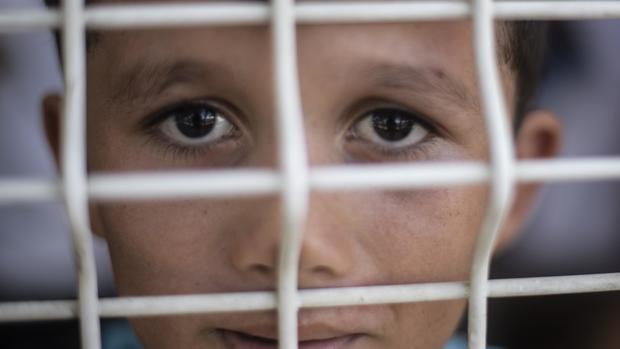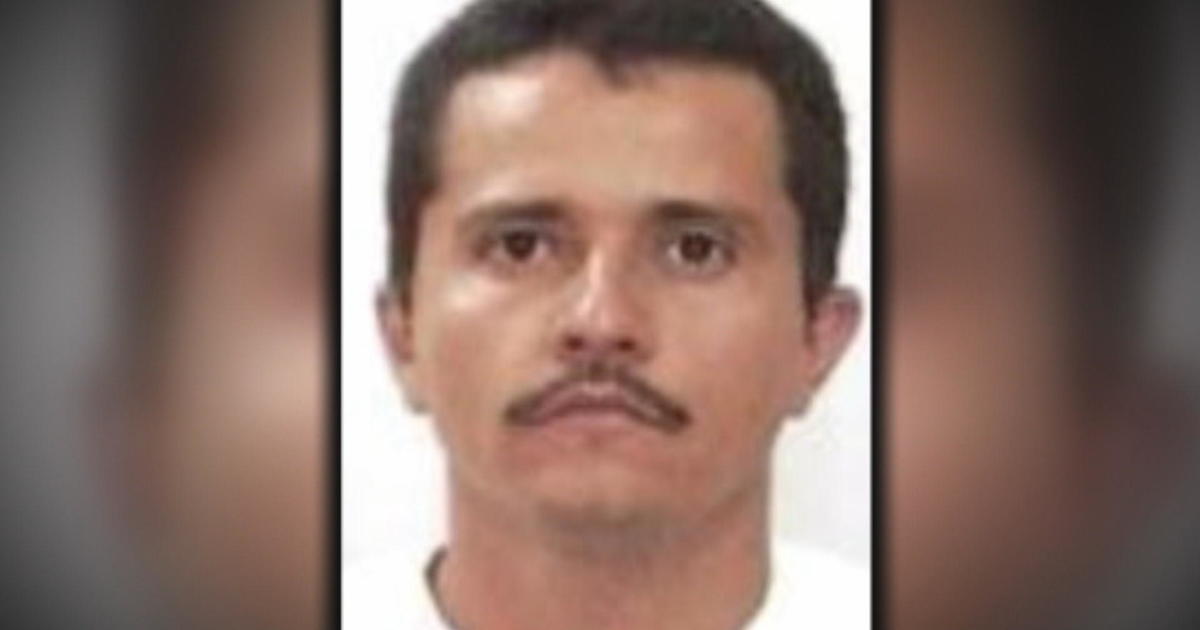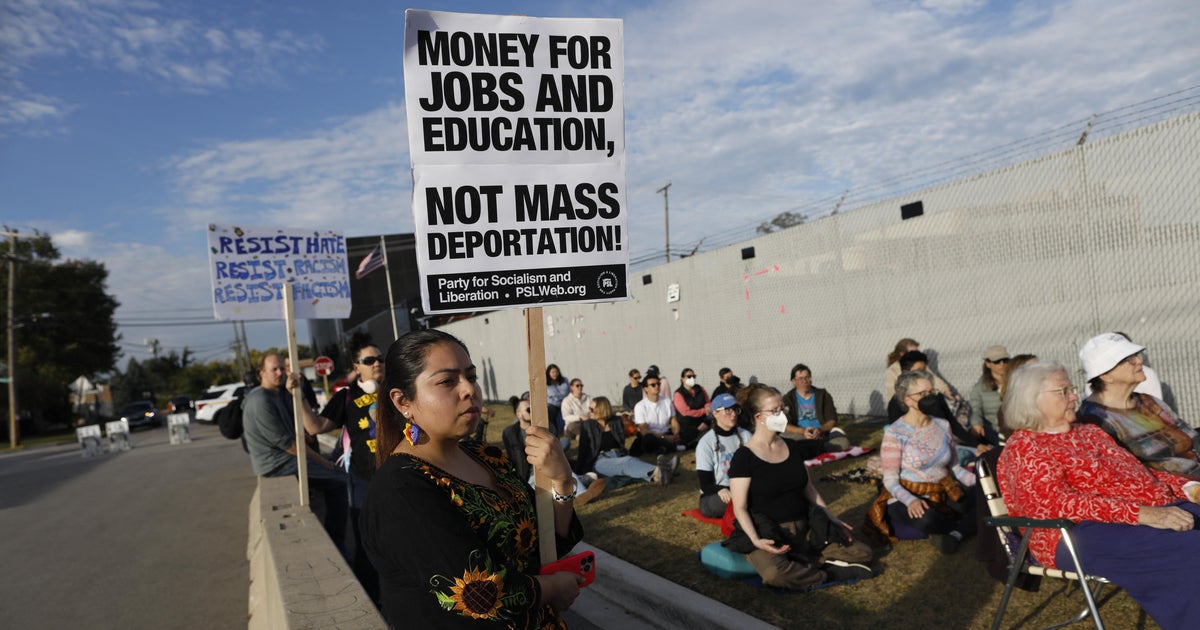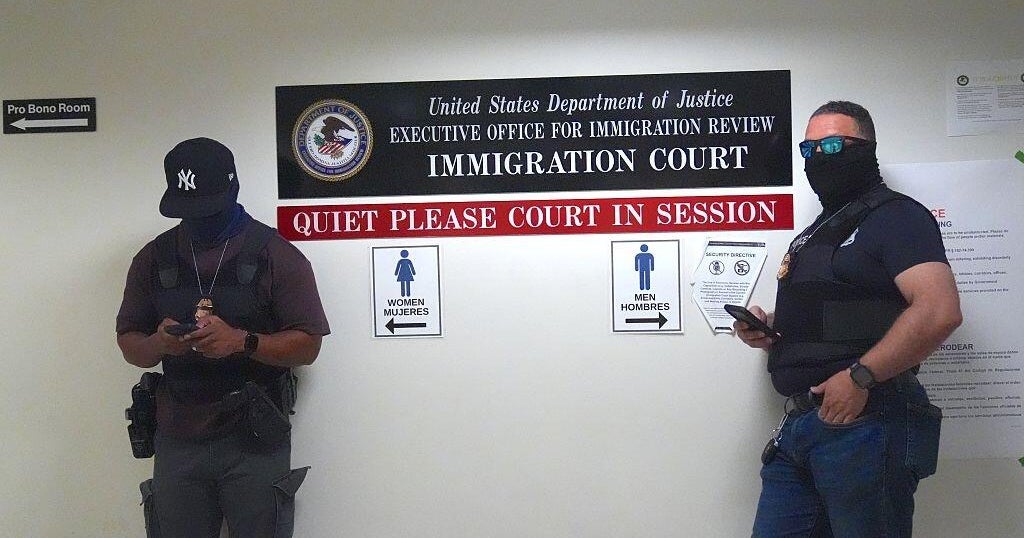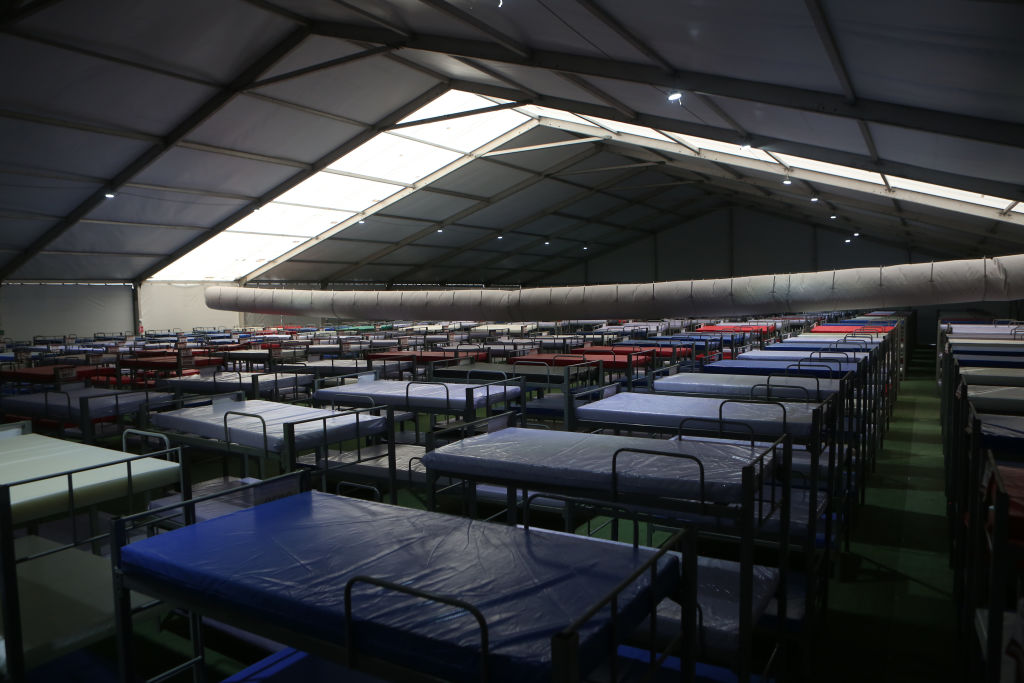U.N. report highlights dangers for kids deported from U.S.
UNITED NATIONS -- A new report from the United Nations children's agency warns of the severe toll the U.S. crackdown on migrants crossing the southern border is taking on Central American children, and says those deported back to the region face added risks are even more likely to try to cross the border illegally again. The report, Uprooted in Central America and Mexico, illustrates in graphic detail the human toll of the Trump administration's tough new tack on illegal immigration.
The UNICEF report says "96,216 migrants from northern Central America, including 24,189 women and children, were returned from Mexico and the U.S. between January and June of this year" to Honduras, El Salvador and Guatemala.
"More than 90 percent were deported from Mexico" to those countries after being sent back to Mexico from the U.S., the report says.
"In many cases, children who are sent back to their countries of origin have no home to return to, end up deep in debt or are targeted by gangs," María Cristina Perceval, UNICEF Regional Director for Latin America and the Caribbean said. "Being returned to impossible situations makes it more likely that they will migrate again."
Although the UNICEF report is not directed solely at U.S. policy, it seeks to highlight the root causes of migration to the U.S. and the dangers faced by people, especially young people, in attempting to get to and across the U.S.-Mexico border.
"In El Salvador, Guatemala and Honduras – and in Mexico, gang-related violence, organized crime, extortion, poverty and limited access to quality education and social services are part of daily life for millions of children," the report says, adding that, "stricter border control measures do not effectively deter irregular migration but do increase the unnecessary suffering of migrants."
The Trump administration reversed its policy of separating children from adults at the border, but reuniting families has been a challenge.
A class-action lawsuit filed this week by the American Civil Liberties Union alleges that both the U.S. Citizenship and Immigration Services and Immigration and Customs Enforcement are involved in a coordinated campaign to arrest and deport immigrants seeking to become legal U.S. residents.
Mexico's Ambassador to the U.N., Juan Jose Gómez Camacho told CBS News that the UNICEF report "only confirms what the Mexican Government said since the very beginning, when these measures were announced and implemented."
"We remain in close contact with the U.S. authorities to ensure these children, mostly Central American, are reunited with their parents soon as well as to make sure this does not happen again," Gómez Camacho said.
The report says "detention and family separation by migration authorities are deeply traumatizing experiences," and advocates keeping families together and supporting alternatives to detention.
In a section called Violence and Gang Activity, the report notes that, "Northern Central America contains some of the world's most violent countries that are not engaged in active warfare," adding that 365 children were murdered in El Salvador in 2017 alone, and documenting the fact that children are "forcibly recruited or join the gangs in an attempt to protect themselves from violence."
The most heart wrenching section of the report is the individual stories. One example given is that of Erica, a 38-year-old mother of two teenage girls from Honduras, where gang violence has victimized her family several times. She applied for a visa to live in the United States twice and was rejected.
As she applied for the third time, she told UNICEF that she would pay "coyotes," human smugglers, $3,500 each to get her daughters into to the United States, where they will apply for asylum.
